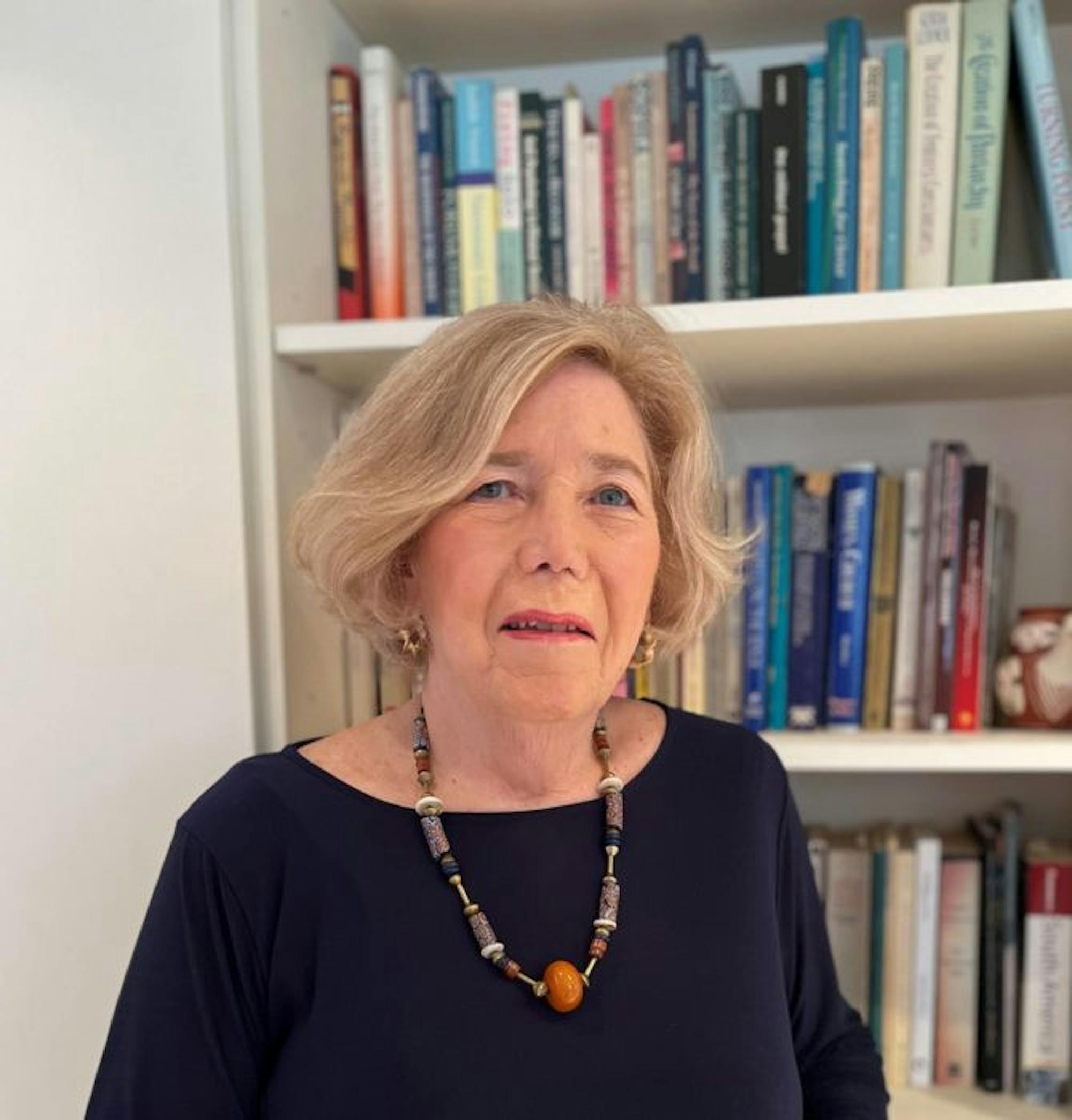
Courtesy/Kathy Osberger
Kathleen Osberger’s memoir was published this August. The book is based on her experience working as a teacher in Santiago, Chile during the Pinochet regime.
Osberger’s memoir, “I Surrender: A Memoir of Chile’s Dictatorship, 1975,” recounts her experience during the five months she spent working as a teacher at a Catholic grade school in Santiago. After graduating from Notre Dame, Osberger was invited to participate in a two-year pilot program where graduates and students live and work in poor parish communities led by the Congregation of Holy Cross priests of Chile and Peru.
Osberger arrived in Chile in the midst of the Pinochet regime — a time when adversaries of the government were tortured, killed and thousands more “disappeared.” She said that during this time many people were living in fear of the government and fear of what could happen next.
“When I arrived in Chile, there was a very intense conflict between the Pinochet government and a brewing conflict with the Catholic Church and an ecumenical entity called the Comité Pro Paz,” Osberger said.
In her memoir, she highlights the Chilean people and the lay people who played a prominent role in confronting the military dictatorship.
“I think the really important thing for me is the heroic witness of these nuns and priests and lay people,” Osberger said. “These are prophetic people who have lived long lives of giving service to others, and their story needed to be told. I felt like they really were the heroines and heroes.”
She also discussed the role of the Chilean people in resisting the government and offering support in unprecedented ways. Osberger said that everyday Chilean people showed their solidarity by opening their doors to strangers, no names exchanged, and offering a safe place for them to stay, no questions asked.
“I just admire the strength of the Chilean population to keep pressing forward against so much resistance,” she said.
Chile’s current constitution dates back to 1980 and was written under the Pinochet military dictatorship. This year, Chilean citizens are embarking on their second attempt to draft a new constitution and “push off the constitution from Pinochet times,” Osberger said.
Osberger said the Chilean people just keep trying to bring about a better democracy.
Not only did Chilean people play a role during this time in history, but so did the United States.
“We have a big heavy hand in in all of the politics in Latin America,” Osberger said.
She said the U.S. government played a role in destabilizing the Chilean economy and the militarization of the police force, two factors which led to the coup in 1973.
Osberger said that this story is one she has been waiting for years to tell. This year marks the 50th anniversary of the coup in Chile and she said “it was now or never.”
In 2007, Osberger returned to Chile to conduct interviews with members of the Congregation of Holy Cross and the people she shared these experiences with. She said that these interviews with people who experienced the repression in Chile for the 17 years of Pinochet’s dictatorship became the backbone for her memoir.
“These people and the Catholic Church-State [were] very much at the forefront of confronting the dictatorship and giving a moral background to all of it and spreading the word internationally,” Osberger said.
This fall, Osberger embarks on a tour of universities and institutions across the country to promote her book. The Kellogg Institute for International Studies is hosting a discussion session with Osberger on Sept. 11 from 6:30 p.m. to 8 p.m. in the Hesburgh Center.









